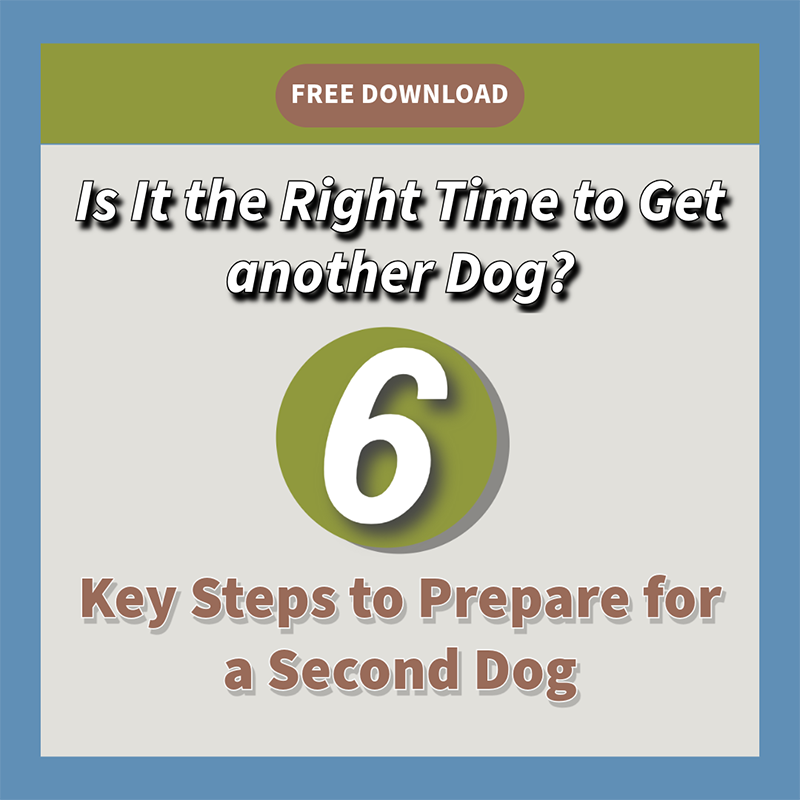There are pros and cons of getting a second dog. Thinking through each point is essential before introducing another pup to your household. Here are some tips that will help you make the best decision.
When is Right to Get a Second Dog?
As dog trainers, we’re often asked when the right time to get a second dog is. And there is a right time to get a second dog – and less than ideal times. The short answer is when your current dog is fully trained* and when you have the time and resources.
An additional dog is more than just 2x the food and vet bills.t brings a whole new dynamic to your household. You’ll have your relationship with your current dog, your relationship with your new dog, and then your dogs’ relationship with each other. That third aspect can be the biggest sticking point for households with two dogs. A dog that was never reactive or has never guarded toys or food can start exhibiting these behaviors with a new dog in the house. They may not, but as owners, it’s up to us to set the scene and stack the deck in favor of good behavior.
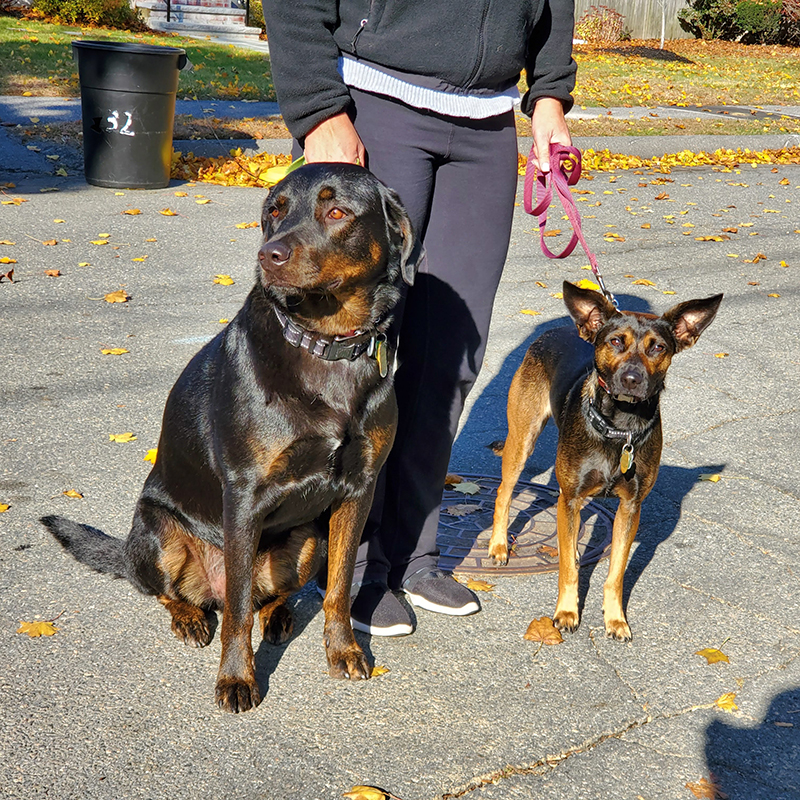
What Does “Fully Trained” Mean?
Having a dog that is fully trained means:
- Understand sit, down, come, & place commands
- Can chill out & self-settle, whether in a dog crate, on place, or next to you
- Comply with your commands a minimum of 80-90% of the time (ideally 100%)
- Have a strong relationship with you, their owner, and all other family members
- Can be polite around a wide range of people and dogs
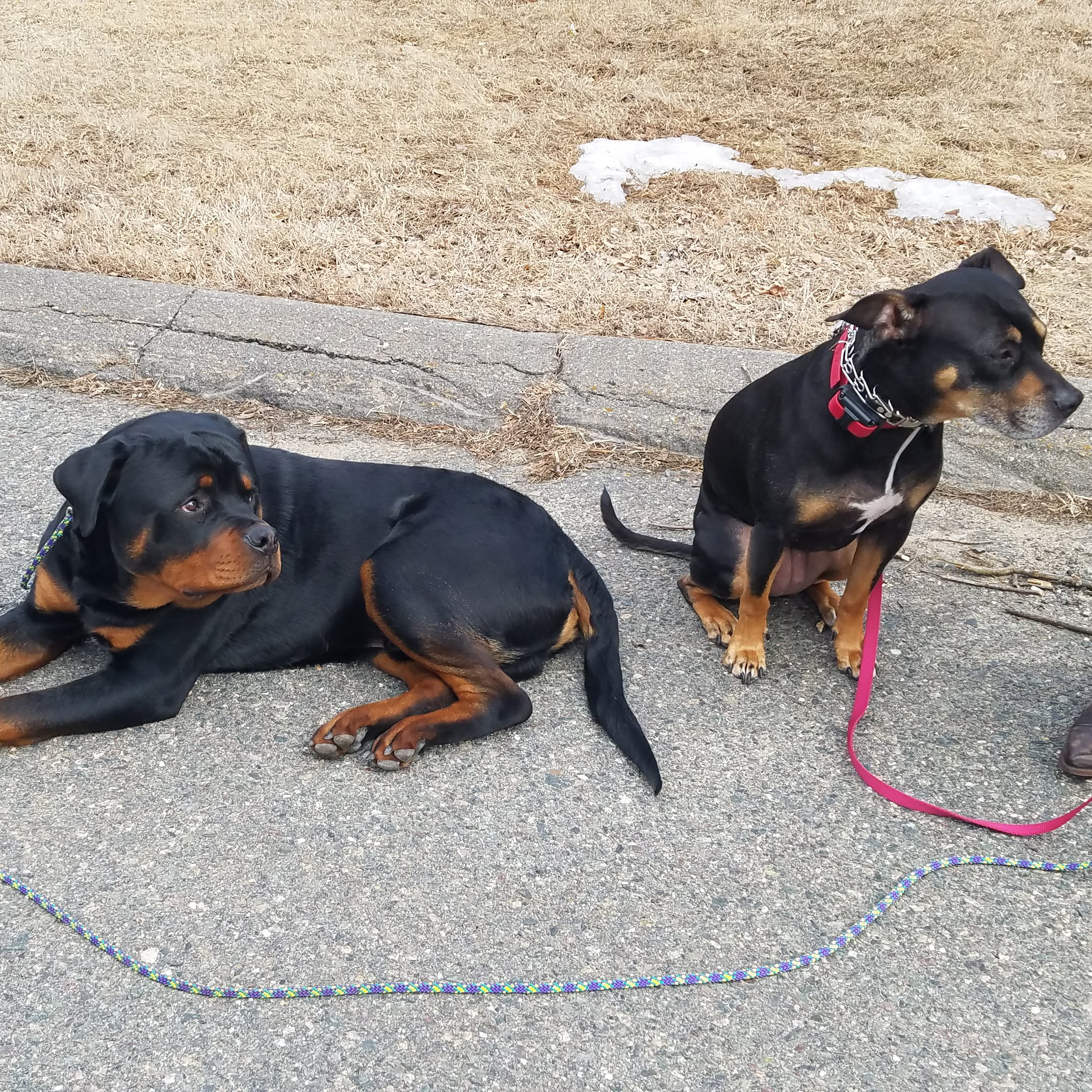
When is it Not Right to Get a Second Dog?
There are plenty of obvious and less obvious reasons for not getting a second dog:
- If your family is already very busy. Kids, sports, family events, friend parties… we all try to cram a lot into our lives. Getting a second dog will just add to that feeling of not having enough time.
- If you’re already financially pinched, getting a second dog is another expense; additional vet bills can shift priorities away from your family.
- When one family member, regardless of age, desperately wants another dog. Don’t let your family members sway you with their pleas.
- Your current first dog has major behavioral issues including anxiety, reactivity, aggression, or resource guarding. Behavioral issues are best addressed before getting a second dog.
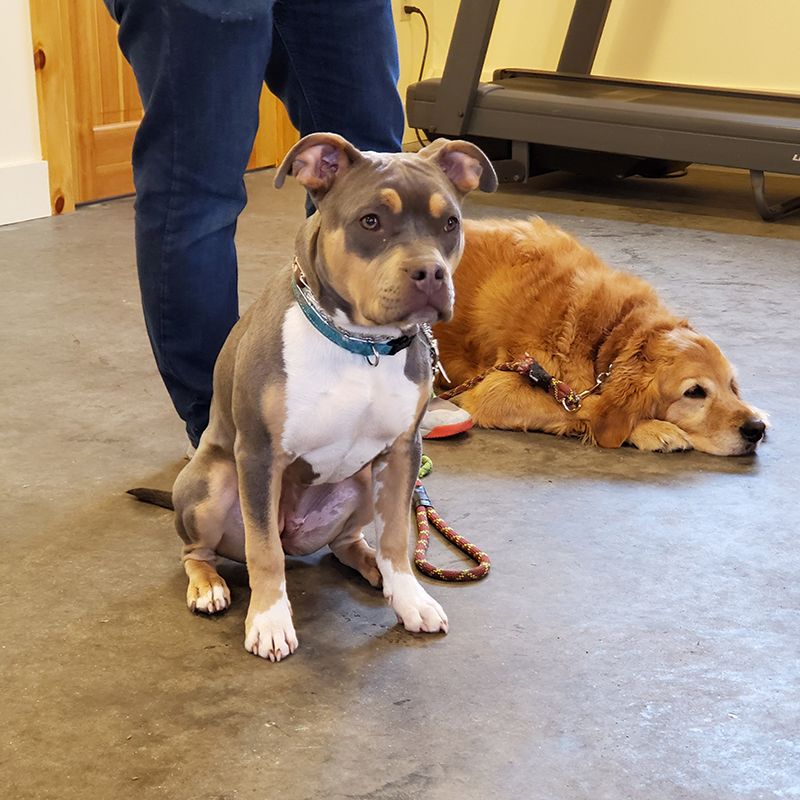
What is the Best Age Gap Between Puppies and Dogs?
Unless you’re committing to two puppies at the same time (not trainer-recommended) wait to get a second dog after your first is at least 2.5 years old and fully trained. The upper limit of the recommended age is a maximum of 6 years old. You want your first dog to be spunky enough to enjoy it and ideally make it easier on you. During this age range, the two dogs will have similar physical capabilities, so you can walk them together and play together.
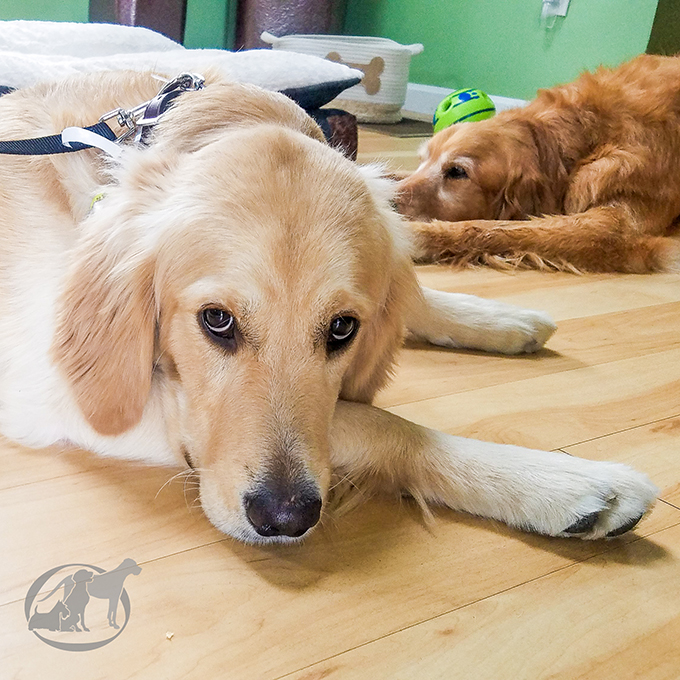
Does Gender Matter When Adopting a Second Dog?
Yes and no. The safest rule of thumb is to get the opposite sex of the dog when getting a second dog. There are situations where getting a second dog of the same sex is fine. If your female first dog is strong-minded, opt for a male second dog. If your male first dog is pushy and territorial, opt for a female second dog. We have seen plenty of great same-sex dog pairings, but one of them is the natural leader and the other one enjoys being second in command.
If you’re unsure if a male or female dog would be the best addition to your household, ask your breeder or the shelter for their input. Often they will be able to assess the puppy and its early personality to best place them with the best household. A good breeder and shelter will also discuss this with you, even setting up a meet and greet with your current dog.
Darla was our first Dog Coach mascot and came to the shelter to meet Westley. She was very headstrong and would tolerate another female in the house, as long as they knew she was the queen bee. Westley, a young, overly adrenalized mutt that our clients know and love, was immediately put in his place by Darla. The shelter workers were impressed and approved of the match. This was an ideal scenario that not all shelters offer but look for a shelter to help confirm a great match. — Darla & Westley pictured
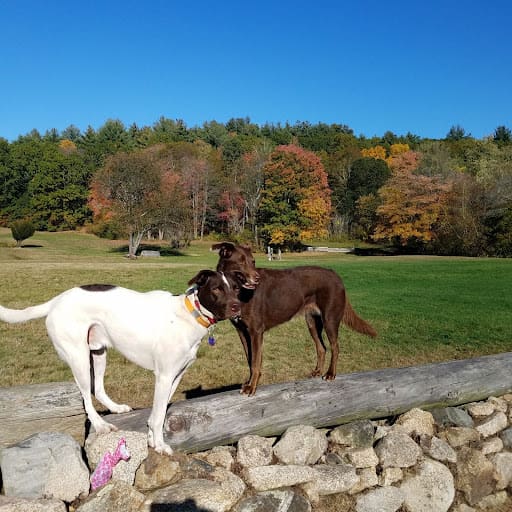
Beyond 2 Dogs: Having 3 Dogs
If you already have two dogs and are wondering, ‘Should I get a third dog?’ the questions are the same. Think about why you want another dog. It’s okay to ‘just want another dog,’ but take the time to think through all the scenarios. It’s not just three times the costs, but any poor behavior from the first two dogs can escalate much quicker. 3 dog pack dynamics are different from two-dog pack dynamics.
Take the time to build relationships with your current dogs and get good at reading their behavior together: when do they get snippy, when does one get pushy with the other, and how are they when you give one more affection over the other? If there is an issue now with two, a third dog is going to complicate the dynamic more.

Should I Get Another Dog for my Senior Dog?
Getting a second dog when your dog is still active is the best approach. Having a puppy can be exhausting for an older dog with creaky joints or less stamina. It’s best to plan ahead and introduce a puppy before your first dog is 6-7 years old. It’s also important to keep in mind your older dog’s physical and mental health before introducing a new dog. Even if the second dog isn’t a puppy, a younger dog will most likely be more energetic and agile than your older dog, making the same points relevant.
While some older dogs are “kept young” by a puppy’s energy, other dogs may find the adjustment overwhelming or stressful. Be sure to advocate for both dogs by ensuring your older dog has opportunities for rest and to be alone away from the puppy’s antics. Similarly, teach your puppy boundaries and how to leave the older dog alone.
When thinking about getting another dog for your senior dog, think about your older dog’s temperament and behavior. Is your dog friendly and tolerant of younger, energetic dogs while out on walks? Or does your dog prefer a calm, quiet environment, meandering alone? These observations can help you determine whether adding a puppy will enhance your dog’s life or create unneeded stress.
If and when you do introduce a younger dog into your household, monitor interactions carefully during the initial introduction and first weeks. Watch both dogs for growling, resource guarding, and changes in behavior. Crate training for the new dog and re-introducing a dog crate for your older dog is a standard recommendation to provide appropriate downtime for both pets.
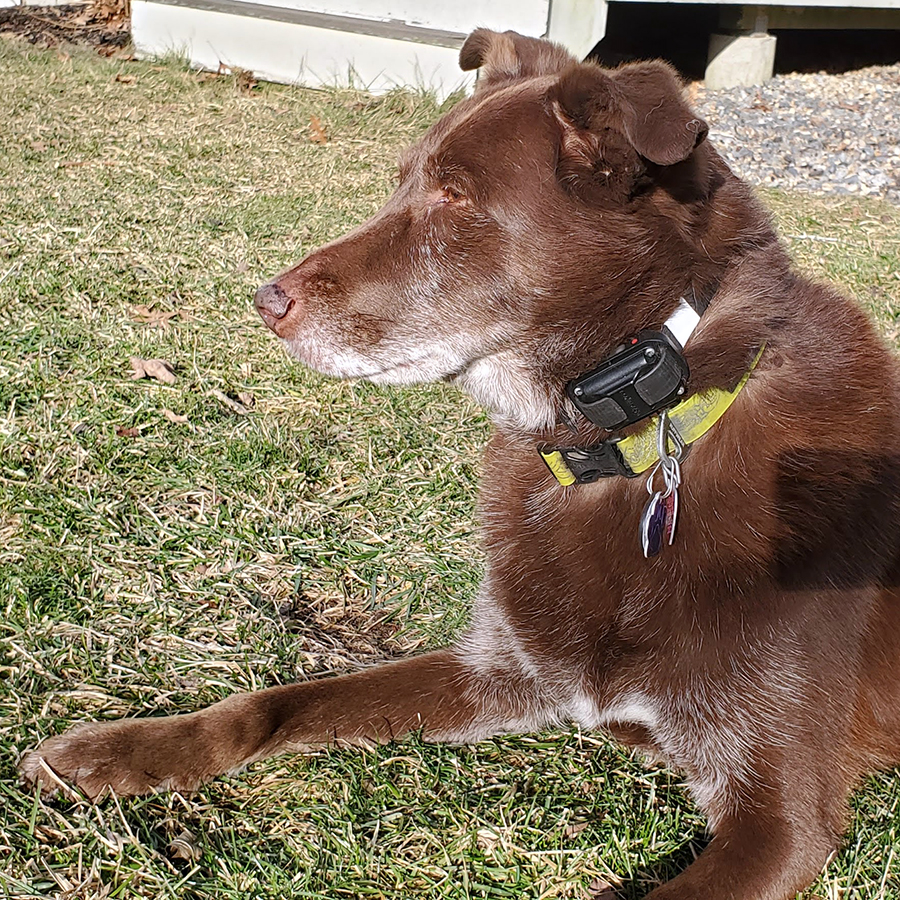

Will Getting Another Dog Help My Nervous Dog?
Getting another dog to help separation anxiety or nervousness is not recommended. It boils down to not solving the root of the issue. Putting in the time and effort to train your nervous dog, build confidence, and set boundaries is the answer to curing separation anxiety and general nervousness. Nervous/ anxious behaviors in dogs don’t just disappear. Hiring a trainer to address it before it gets worse is the best course of action. Nervousness and insecurity are often a precursor to reactive or even aggressive behavior and a second dog could turn your first dog into a big hot mess. The best course of action is to train your nervous dog to be a leader before introducing another dog.
Getting a second dog is a big decision with many factors to consider. Some households regret getting second dog. But doing your due diligence to ensure your current dog is fully trained and your intention is fully aligned can guide you in making the right choice for your household.
Start with our free download: 6 things to do before getting a second dog.
Now Offering Training in Somerville, Cambridge, Medford & Surrounding Area!
See the full list of areas served
Our In-Person Programs
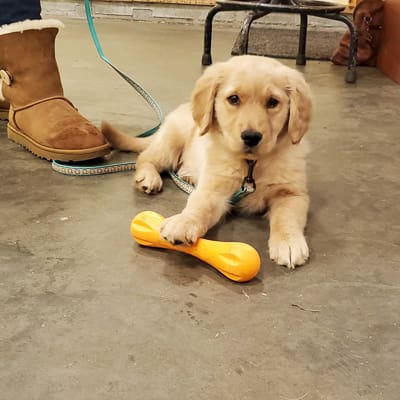
Team Puppy Training
Encourages your leadership and show how you to nurture good behavior.

Foundation Training
Covers the basics of good dog behavior as well as some behavior modification.
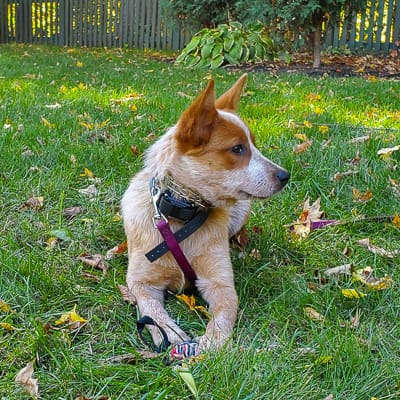
Remote Collar Training
Foundation Training with e-collar for total off-leash freedom and behavior modification.
What our clients have to say...
Dog Coach listened carefully and observed keenly my interaction and tone of voice with Bella. At nearly 6 months now, she is the best-trained dog I've had. It was a worthwhile experience!
We want to thank Dog Coach for your patience and encouragement! Our dogs are really coming into their own as the perfect family dogs we were looking for!
Such a great investment! We got a puppy and had a toddler... It was overwhelming at first. Working with Dog Coach has been the gift that keeps on giving.

